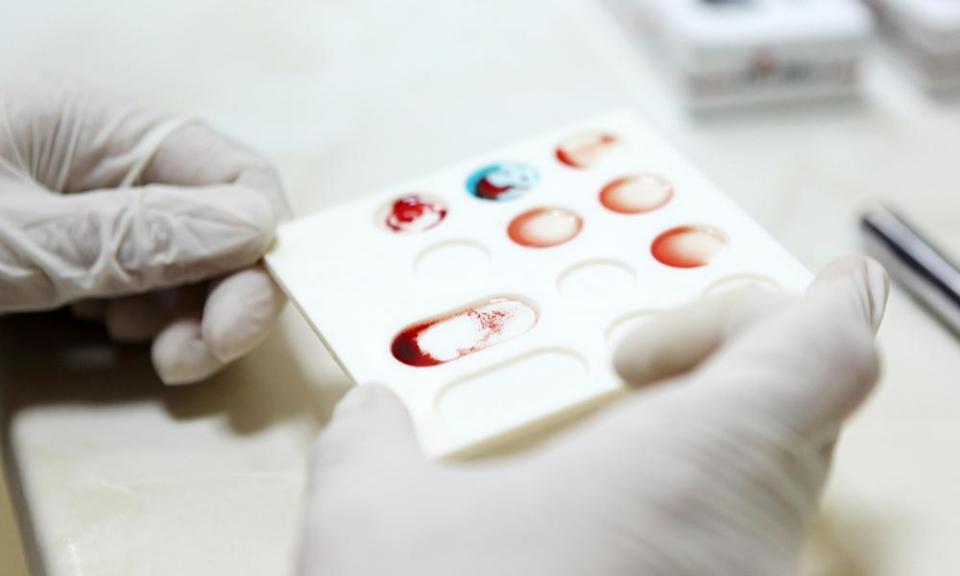Investors flock to life sciences as UK sector breaks funding record

UK drugmakers, diagnostics, medical equipment and other life sciences companies have raised £10.6bn from private funding rounds and stock market flotations in the first three months of the year, more than half of last year’s record total, according to a report.
Last year, investment into life sciences companies, including mergers and acquisitions, public listings, venture capital, and private equity, amounted to a nearly £20bn.
A study from the property group Savills, the design practice Perkins&Will and the policy advisory firm Blackstock Consulting predicts investments will reach a new high in 2021 – and that life sciences real estate will experience its own boom.
The coronavirus pandemic has spurred interest in the life sciences sector among investors, with many dipping into it for the first time. Recent deals include the UK biotech Kymab being bought by French pharmaceutical firm Sanofi for £1bn and the £14.5m flotation of 4basebio, a firm focused on producing DNA for gene therapies and DNA vaccines, on London’s AIM market.
Steven Lang, director of commercial research at Savills, said the “pandemic has focused investors’ interests” on the life sciences industry, while a growing environmental, social, and corporate governance agenda – acting for the greater good – has also drawn their attention.
Out of the UK’s 1,226 life sciences firms, the majority are located in the “golden triangle” of Oxford, Cambridge and London, but in recent years, a “northern arc” that includes Liverpool, Birmingham, Manchester, Leeds and Newcastle has started to emerge.
As companies expand, they need more space – and labs. Between 2016 and 2020, an average £685m was pumped into European life sciences real estate every year, while in the UK it was £247m, the report found. Based on these trends, Savills predicts that investment in Europe will hit £800m in 2021, while in the UK it will reach £550m.
If this pace continues, by 2025 investment into the European and UK life sciences property markets could reach up to £5bn and up to £2bn, respectively. For the UK, that’s 10 times more than in the past five years. Lang said US investors including private equity firms such as Blackstone were driving this.
Andrew Teacher, editor of the report, said: “This may also lead to a flood of new players entering the sector, especially if the real estate investors and developers who have had their fingers burned in virus-ravaged sectors such as offices and retail, look to either repurpose existing stock, or change tack to take advantage of the booming demand for life sciences real estate.”
One of the investment hurdles has been the long, risky and expensive drug development process, which means investors need to be in it for the long term, without expectations of turning a quick profit. Taking a drug from discovery through to market approval typically takes 10 to 15 years and costs more than £1.8bn.

 Yahoo Finance
Yahoo Finance 